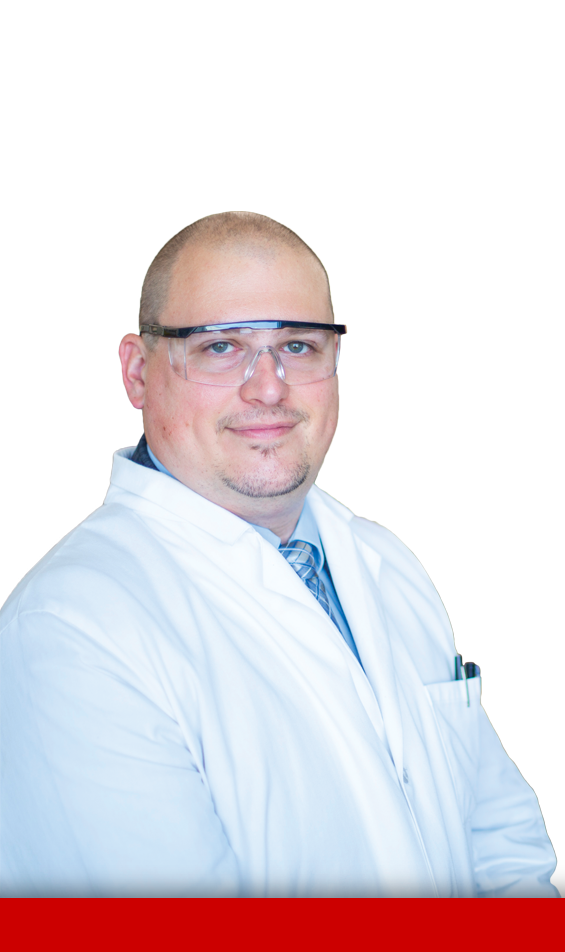
When mom said “breakfast is the most important meal of the day,” she couldn’t have imagined what Cyclone Engineer Tom Mansell has cooking.
Mansell is creating new probiotics and prebiotics that will treat disease as you eat your morning cup of yogurt.Recent research has revealed that the complex ecosystem of our gut bacteria has a big impact on human health, playing a role in diseases ranging from cancer to depression.“We know what a ‘bad’ microbiome can do to us. I’m working on how we can tip the scale with good bacteria to improve health,” said Mansell, assistant professor of chemical and biological engineering.Mansell’s approach is inspired by carbohydrates found in human milk that have a single function: feeding bacteria in a baby’s gut. If these natural prebiotics evolved just to feed a specific probiotic, perhaps more unique prebiotic-probiotic pairings can be engineered in the lab.
But processing these complex carbohydrates is an equally complex challenge. Basic building-block and synthetic chemistry aren’t efficient options. Instead, Mansell’s team uses enzymes, encoding them with DNA that tune metabolic pathways to generate specific prebiotics of interest.
“To keep costs down, we build on inexpensive ingredients of glycerol and lactose, but that makes for a lot of knobs to turn to refine the enzyme processing technique.”
So Mansell’s team created a biosensor to quickly and precisely gauge the results of specific processing conditions, speeding up process optimization.
Now the eye is on scale-up, studying how well prebiotic-fed probiotics thrive in organoid “mini guts” with fellow Cyclone Engineering researcher Qun Wang, and in animal models with Mike Wannemuehler, professor and chair of veterinary microbiology and preventative medicine in the College of Veterinary Medicine.
When probiotics grow strong on a steady diet of custom-paired prebiotics, they can be engineered to add disease-fighting capabilities.
“Probiotics may someday be able to make the drugs right in the gut, providing a pain-free way to deliver protein-based drugs that now require injections, to deliver anti-inflammatory agents or to secrete antimicrobial peptides to cure infection,” said Mansell.